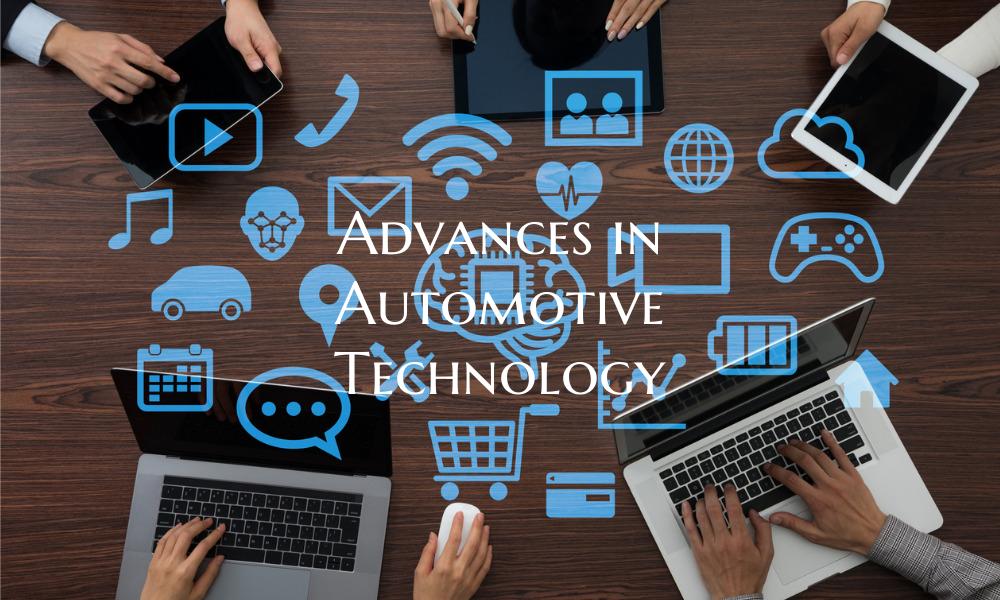Advances in Automotive Technology
In recent years, the automotive industry has experienced significant advancements in technology that have revolutionized the way vehicles are designed, manufactured, and operated. These advances have not only improved the performance and efficiency of automobiles but have also enhanced safety features and introduced innovative conveniences for drivers and passengers.
One of the key developments in automotive technology is the rise of electric and hybrid vehicles. With a growing focus on sustainability and reducing carbon emissions, electric cars have gained popularity for their environmentally friendly operation. These vehicles are powered by electric motors and batteries, eliminating the need for traditional gasoline engines. Furthermore, advancements in battery technology have extended the range and improved the charging infrastructure, making electric vehicles a practical choice for many consumers.
Another significant advancement in automotive technology is the integration of advanced driver-assistance systems (ADAS). These systems use sensors, cameras, and algorithms to enhance the safety of drivers and reduce the likelihood of accidents. Features such as adaptive cruise control, lane-keeping assist, and automatic emergency braking are becoming standard in modern vehicles, paving the way for autonomous driving technology in the future.
Furthermore, connectivity and smart features have transformed the driving experience. Many vehicles now come equipped with infotainment systems that offer seamless integration with smartphones, navigation capabilities, and voice-activated controls. Additionally, the emergence of vehicle-to-vehicle (V2V) and vehicle-to-infrastructure (V2I) communication systems enables cars to communicate with each other and with roadside infrastructure, improving traffic flow and overall safety on the road.
In the realm of manufacturing, advancements in materials, robotics, and automation have streamlined the production process, resulting in higher quality vehicles being produced at a faster pace. Additive manufacturing, also known as 3D printing, is being used to create complex parts and components with greater efficiency and precision, reducing waste and production costs.
As automotive technology continues to evolve, we can expect even more exciting developments in the future, including advancements in artificial intelligence, augmented reality, and autonomous vehicle technology. These innovations will not only transform the way we drive but also shape the future of transportation towards a safer, more efficient, and sustainable direction.

